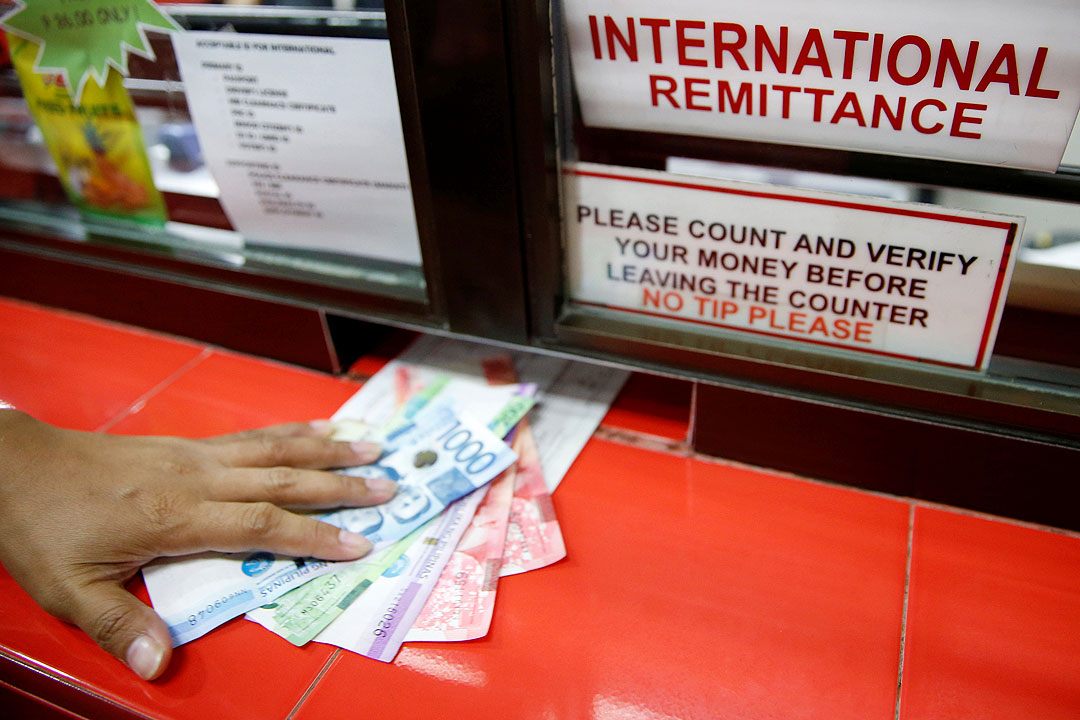
RESEARCH on remittances must be harmonized to address conflicting definitions in the interest of improving policy making, the Asian Development Bank (ADB) said.
It cited “large differences in the size of international remittances reported by households and the central bank, which is an important factor to consider for remittance data analysis at the micro, macro, or both levels,” the bank said in a working paper.
“Future research is needed to close the gap between micro and macro remittance studies and overcome definitional differences,” it added.
The ADB cited the discrepancies in the definitions of remittances in various research.
“In general, microeconomic and macroeconomic literature complement each other to provide a comprehensive assessment of the impact of remittances on migrants’ households and communities, as well as on the overall economy of countries of origin,” it said.
“However, caution should be exercised when comparing the two sets of literature, as the definition and data source for international remittances differ significantly,” it added.
The report said that most micro-level studies identify remittances as the amount of income households report receiving from overseas in both cash or kind.
“At the macro level, by contrast, remittances are the aggregated total of personal remittances reported by financial institutions and intermediaries, which necessarily include the amount that migrants send to their families and to elsewhere such as their own personal bank accounts,” it said. — Luisa Maria Jacinta C. Jocson



